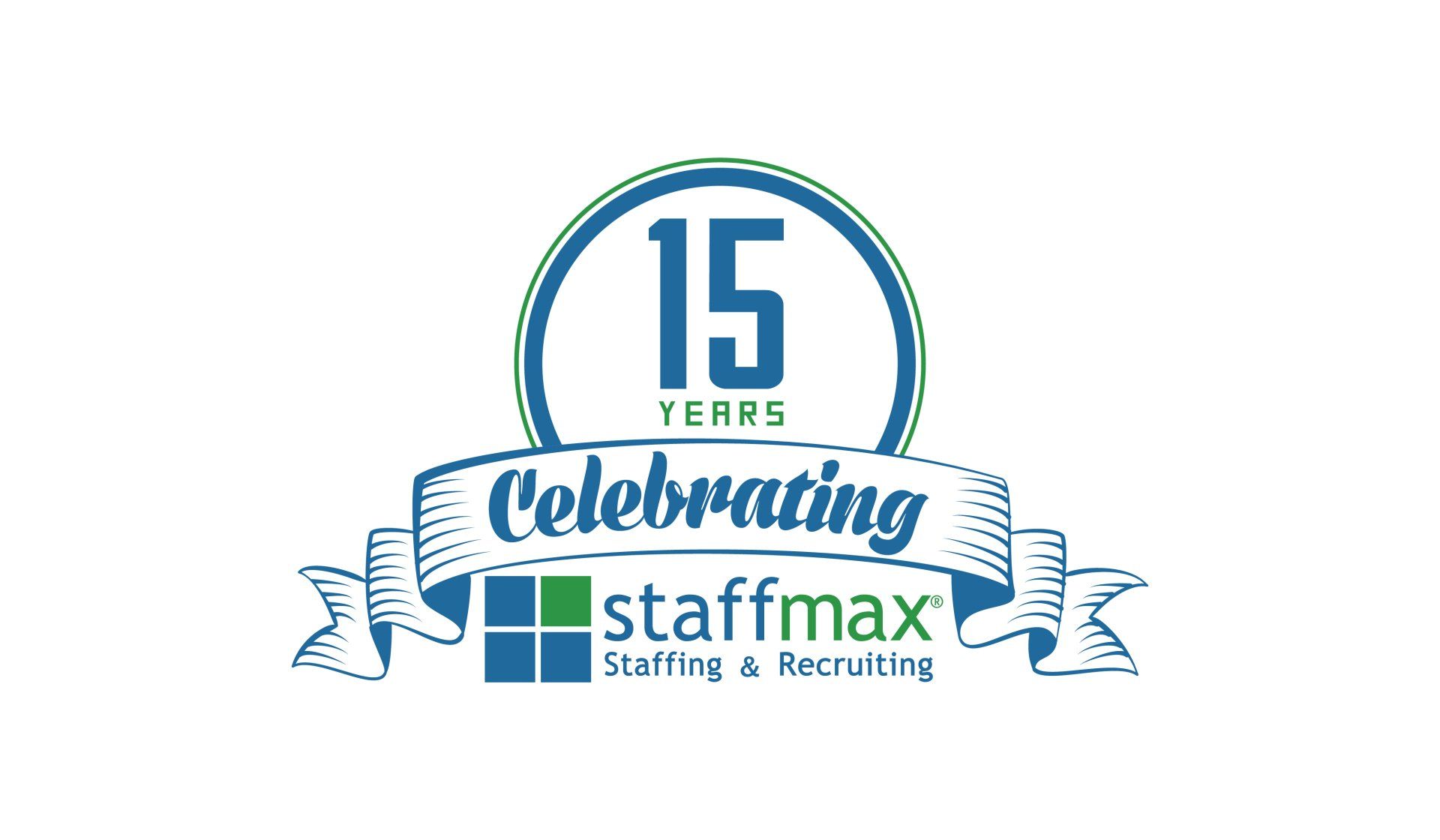2020 Holiday Hiring Guidance for Employers
By Tonya Fletcher via Frank Crum
Published November 19, 2020

‘Tis the season for holiday hiring. With an anticipated increase in business due to the holiday shopping season, employers will want to have the right employees to cover the holiday demand and provide an excellent customer experience. While the coronavirus pandemic will make this holiday season different there remain key items to be aware of when bringing on seasonal workers.
If you are hiring seasonal workers, you need to be aware of the legal requirements and regulations surrounding such employment. Despite being temporary or part-time, many of the federal and state laws and regulations that apply to full-time employees also apply to seasonal or part-time employees including:
- Anti-harassment, discrimination and retaliation laws
- Disability laws
- Workplace health and safety regulations
- Wage and hour laws (minimum wage, overtime pay, record-keeping and child labor)
- State laws concerning sick leave
- State background check laws
Here are five tips for smooth holiday hiring that can make for happier workers and help keep your business out of legal trouble this holiday season.
1. Communicate Clear Expectations
Before hiring seasonal workers make sure they understand your expectations for the position and length of employment. During the job search and interview process, clear communication can help prevent temporary employees from misunderstanding the terms of the position and leaving early or without warning.
At a minimum, clearly communicate the following in writing:
- Expected duration of employment (i.e. start date and finish date)
- Anticipated hours of work per week
- Pay rate and payroll information
- Job description
When communicating about expected duration of employment you should have a notation that a contract of employment is not being created (at-will employment). Make sure the job description has been reviewed and is up to date. Review workplace safety requirements with the new hire. In addition to offering a competitive wage, some employers offer bonuses for employees who stay until the end of the season as an incentive for dependability.
If there is an opportunity for an employee to be retained beyond the season, communicate that during the hiring process but explain it’s not a guarantee. If you end up retaining a seasonal employee beyond the season for which he or she was hired, assess whether additional paperwork needs to be completed, especially if the employee has become eligible to receive benefits.
2. Check Applicable Laws
Many cities and states now require employers provide their employees with paid time off. Typically, employees accrue paid time off for sick or family leave based on the number of hours they work. Other laws such as predictive scheduling could come into play. Check whether any such laws apply to your business, as even seasonal and part-time employees may be eligible.
Employees with seasonal jobs are generally entitled to the following benefits:
- Unemployment
- Social Security and Medicare (this includes withholding Social Security and Medicare taxes from wages and paying the employer's matching amount)
- Workers' compensation benefits
Additionally, temporary employees may be eligible to receive health and other benefits under your plan documents. Employees who work 30 hours or more per week may need to be offered healthcare coverage under the Affordable Care Act. To avoid penalties, you should carefully ensure all benefits for which an employee may be eligible are provided to him or her.
3. Complete the Form I-9
Use the current Form I-9 with a form expiration date of 10/31/22. This year, due to the pandemic, the Department of Homeland Security (DHS) has provided temporary flexibility with I-9 requirements for remote workers. If your seasonal worker is a rehire within the last three years, you may complete Section 3 of their previous Form I-9. However, if the version of Form I-9 that you used for the employee’s original verification is no longer valid, you must complete Section 3 of the current Form I-9 (10/31/22 version) upon reverification and attach it to the original I-9. Be sure to review the Form I-9 instructions for further details on rehires and reverification.
4. Review Timekeeping Procedures
Hiring a fresh batch of help is a good opportunity to review minimum wage laws and verify whether non-exempt employees are accurately keeping time and receiving overtime pay. Remind all managers and employees that all time worked must be recorded, and foster a culture in which these rules are carefully followed. It is acceptable for you to require your employees to obtain permission before working overtime, but even unapproved overtime must be paid to avoid a violation of the Fair Labor Standards Act (FLSA).
5. Conduct HR Training
As a general rule, hold seasonal employees to the same standards as regular employees, and include seasonal workers in all meetings with full-time employees. You should provide at least basic anti-discrimination and anti-harassment training to all new employees. This training is a requirement in some states, like Illinois and New York for example. It is also important to ensure every employee has a copy of the company policies and procedures and knows how and to whom to make a complaint if necessary.













